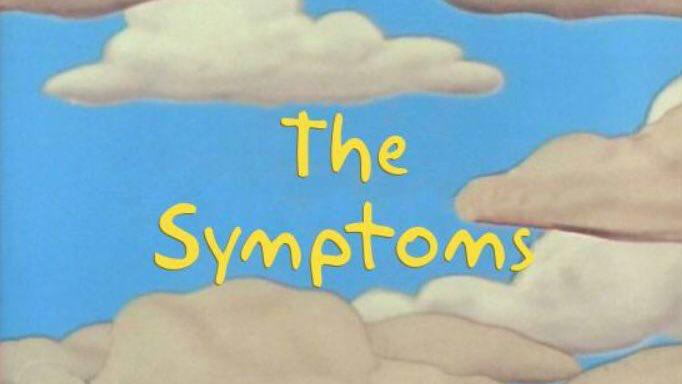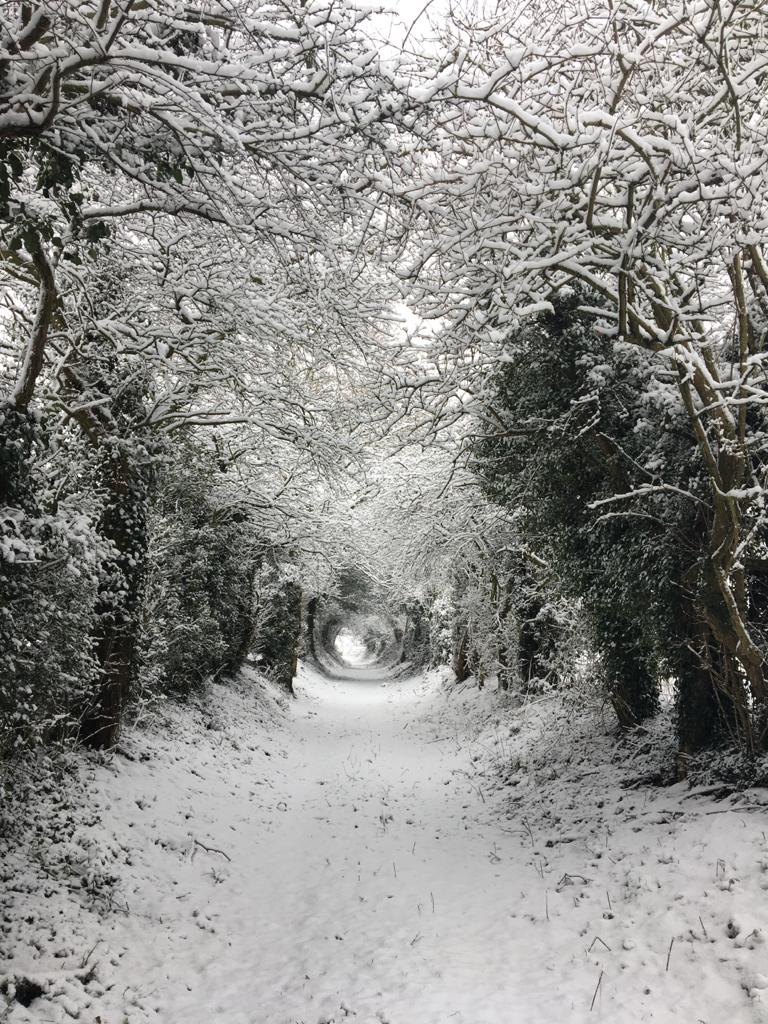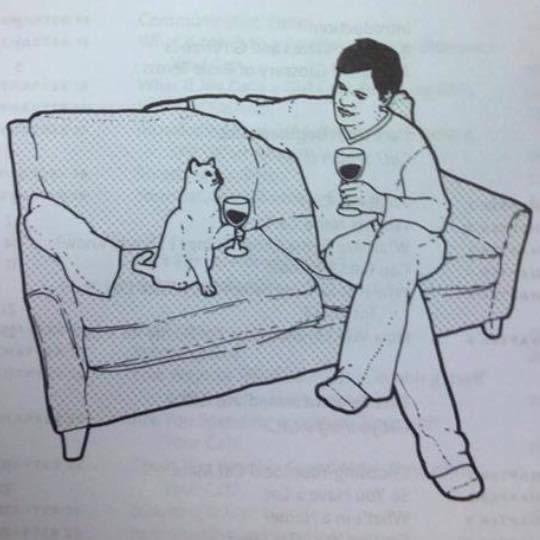Is there much point in writing a look-back at the past 12 months? We all know what a thoroughly rotten year it’s been. At this point, simply asking ‘How are you?’ is to mercilessly flog the ghost of a long-dead horse. You’re OK at best and have been wearing the same pair of jeans for 5 months. I’ve today reached the milestone of a year in the job, and while this wouldn’t ordinarily merit much – if any – attention, it is a tape measure tied to one of the most significant societal upheavals in modern history. Or maybe I’m trying to find an excuse to drag out the soapbox again.
This week’s announcement of a roadmap to a 21st Century Great Escape feels oddly empty to me. Don’t get me wrong, I can’t wait to go to the pub after work. To see friends I haven’t seen in over a year. To meet colleagues I haven’t met in person. Even the thought of cramming onto the District Line at 7:52 a.m. doesn’t feel totally unattractive. Well, maybe not 5 days a week…

There have been many glimmers of genuine hope and, surprisingly, a sheer appreciation of situation, which feels more than a little crass to admit. Looking at the colossal attitudinal shifts in the charity sector, for instance, I see a fledgling but authentic commitment to anti-racism, a much-belated recognition of the everyday barriers facing people with disabilities in the workplace, and a culture shift in traditionally colonial power dynamics. Over the pond, the fascist in the White House has been replaced by an underwhelming yet consequential centrist, albeit at the expense of an attempted coup leaving 5 dead. On a personal and lighter note, were it not for the encouragement of friends and then-new colleagues, I would still feel intense embarrassment at the mere thought of writing an article, let alone setting up a blog.
In a year of isolation from our nearest and dearest, I also made it home to be with my family and cat before Christmas, escaping a repressed London in favour of the Staffordshire countryside. Clean air and green fields really do make a world of difference, and the immediacy of my environment has birthed a renewed gratitude for and obligation to the environment. Who knew picking litter could be so deeply satisfying?

Yet with so much to be hopeful and grateful for, I also cannot help but feel a profound sense of loss, of frustration, and of anger. Though I feel rather guilty in the privilege of this admission, as a then-25-year-old starting a new job and having finally moved into a riverside flat with friends, on February 24th 2020 I felt a deep change in myself – that the whole world was in front of me.
If I were feeling reflective and were over the age of 40, I would look at millennials with sympathy. Of course, every generation has had its trials and tribulations. The ever-present imagery of the Second World War ensures, if anything, gratitude in the British psyche: not just that our ancestors fought for our freedom from tyranny, but that we don’t have it as tough as they did. Nevertheless, growing up in the shadow of the Iraq War, as the first year of £9,000 university tuition fees, and as the least likely age group to get a foot on the housing ladder, we are ingrained with injustice only enhanced by demographic and by class. And now, like most who do not regularly drive to Barnard Castle to test their eyesight, our futures, as well as basic enjoyments, appear stripped away by something entirely out of our control.
Casting an eye over the year since I started, I was originally among those who would regularly talk with optimism and excitement about the ‘new normal’, that the pandemic would be some kind of ethereal reset button and we could ‘build back better.’ With over 100,000 dead in the U.K. (with weighting towards POC and people with disabilities), such phrases now leave at best a bitter taste.

Nevertheless, the idea of finding opportunity in chaos does hold water and cannot be wholly cast aside. For example, in our team we’ve managed to improve the diversity of our placement statistics, with 32% being POC and 58% female in an industry whose senior leadership is dominated by white males. Indeed, we’ve just this week hired a new colleague, with another to start in a month, because we’re winning and delivering so much work.
Moreover, the very idea of charity has only been accentuated – helping an elderly neighbour with their weekly food shop, volunteering at a vaccine distribution centre, the banding-together of mutual aid groups. In a time where the lines between politics and culture are almost indistinguishable, community spirit has found a new lease of life. As reflected by a popular Twitter hashtag, charities are never more needed.
Simultaneously, however, I increasingly fear that progressive action is dampened by efforts to sabotage and reshape not just the structure of but the philosophy behind the third sector – that speaking truth to power is, somehow, inherently political, implying negative bias, and charities should be overtly non-political organisations. Just look at the actions of the former Chair of the Charity Commission over the past 3 years, a political appointee who undermined the sector’s work on things like poverty, human rights and Brexit at every turn. Then, there’s the ongoing nationalist outrage at the National Trust and English Heritage informing the public on Britain’s colonial past. I’ll go one step further – even if charities were explicitly blaming a specific political party for everyday phenomena like the ever-increasing presence of foodbanks, they would be doing their moral duty. Unfortunately, this is made improbable by charity law, as well as many charities rightfully working hand in hand with Ministers. Compromise often greases political wheels, and meaningful relationships can certainly be found with those we regularly disagree with.

For me, I have a creeping feeling that we progressives are winning battles but are in danger of losing the war. To the charity sector’s concurrent benefit and detriment, those that hold great influence often do not work in it, nor do they have to.
So, as I pass my work anniversary and we see a light begin to flicker at the end of the tunnel, I reflect that the past year has both given me great hope and rooted a spreading impatience and frustration. Though I do not foresee this ire abating any time soon, there is much to be grateful and hopeful for.
